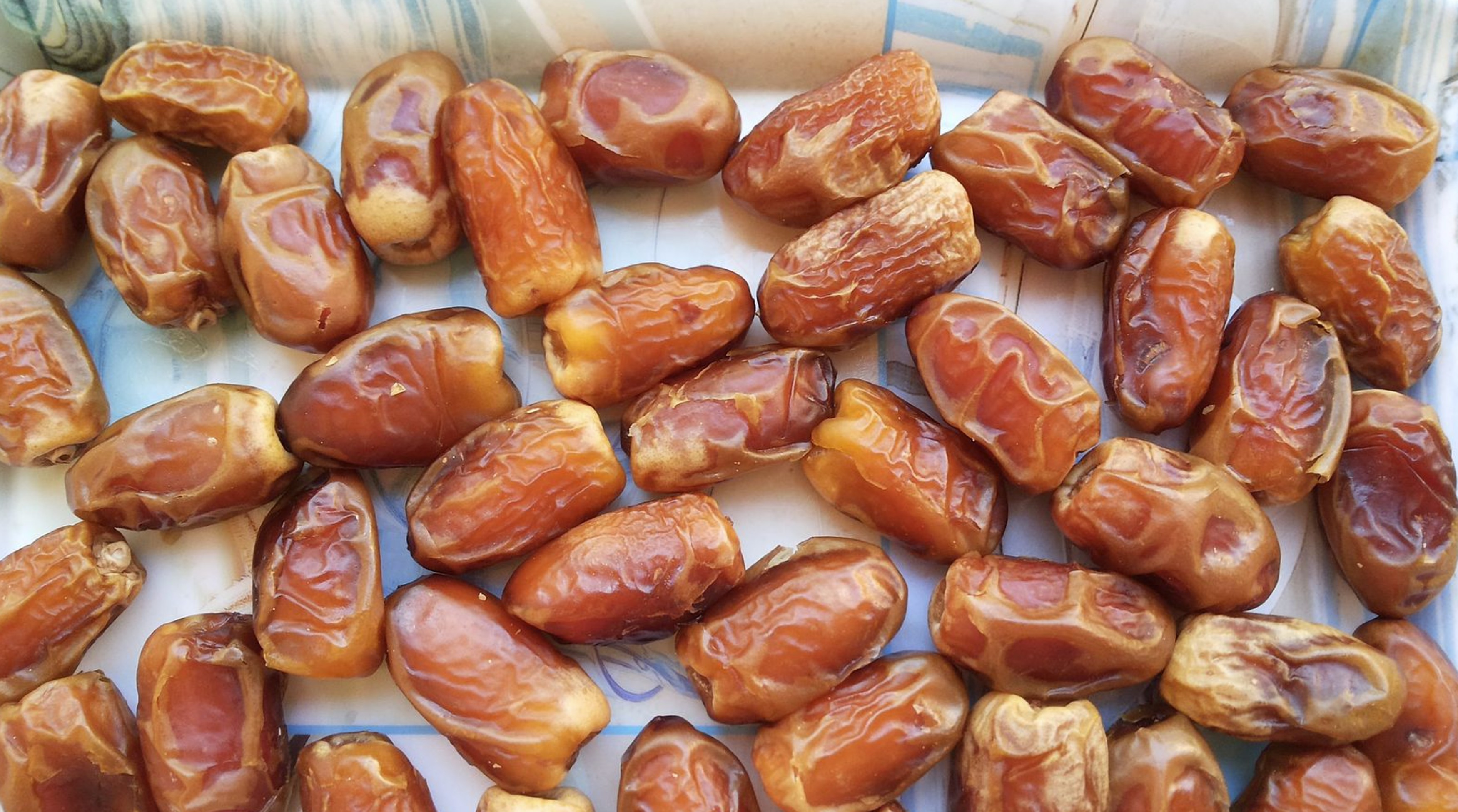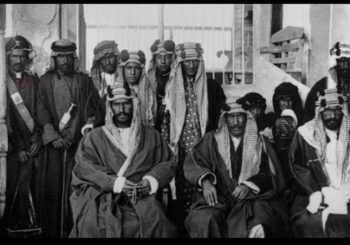Dates are more than just a fruit in Saudi Arabia; they are a symbol of the nation’s identity, heritage, and hospitality. With a history deeply intertwined with the culture and traditions of the Arabian Peninsula, dates have become an iconic part of Saudi life, representing sustenance, community, and even spirituality.
Here is a comprehensive look at how dates evolved from a staple food to a cultural emblem in the Kingdom.
A Fruit Rooted in History
The cultivation of dates in the Arabian Peninsula dates back over 7,000 years, making it one of the earliest domesticated crops in the region. The harsh desert environment required resilient crops, and the date palm (“Phoenix dactylifera”), with its ability to thrive in arid conditions, became an essential source of nutrition and survival.
Archaeological evidence, such as remnants of ancient date pits and palm-related artifacts, highlights the central role of dates in the daily lives of early Arabian civilizations. Historical records also indicate that dates were a key trade commodity along ancient trade routes, connecting the Arabian Peninsula to Mesopotamia, the Levant, and beyond.
A Symbol of Hospitality
Today, in Saudi culture, offering dates and Arabic coffee (qahwa) is a hallmark of hospitality that reflects deeply rooted traditions. This ritual is not just about providing food and drink but also about fostering connections and showing respect.
Whether welcoming guests into a home, celebrating special occasions, or marking religious festivals, dates are always present. This practice underscores the Saudi value of generosity, with hosts ensuring their guests feel honored and cared for. The offering of dates often serves as an icebreaker, initiating conversations and forging bonds between individuals.
The date palm is also a recurring motif in Saudi art, literature, and folklore. Its towering presence and life-sustaining properties have inspired countless works of poetry and prose. Part of the reason for this is that dates hold a revered place in Islamic traditions, as they are mentioned over 20 times in the Qur’an. The Prophet Muhammad (PBUH) is reported to have said, “Break your fast with dates, for they are blessed” (Sahih al-Bukhari). During the holy month of Ramadan, Muslims around the world break their fast with dates, following this Sunnah. This practice not only highlights the fruit’s nutritional value in quickly replenishing energy but also strengthens its spiritual significance. The connection between dates and Islamic rituals has elevated the status of this fruit, making it a symbol of divine blessings and communal unity.
Economic Importance
Saudi Arabia is one of the world’s largest producers of dates, cultivating over 300 varieties. Iconic types such as Ajwa, Sukkari, and Khudri are celebrated for their unique textures and flavors. Dates contribute significantly to the local economy, with annual production exceeding one million tons. Festivals like the Buraidah Date Festival, one of the largest in the world, showcase the economic and cultural importance of dates. These events not only support farmers but also promote Saudi Arabia’s agricultural heritage to international audiences.
In recent years, the Saudi government has prioritized the modernization of the date industry as part of its Vision 2030 initiative. Investments in research, technology, and global marketing have helped position Saudi dates as a premium export, with the Kingdom aiming to increase its share in the global date market significantly.
In an attempt to boost the date market, Saudi entrepreneurs have capitalized on the health benefits of dates. Dates have long been recognized for their exceptional nutritional value. Rich in natural sugars, dietary fiber, and essential minerals such as potassium and magnesium, dates are a natural energy booster. Their antioxidant properties contribute to overall health and wellness, making them a key ingredient in traditional medicine.
In the modern era, the global health and wellness trend has brought renewed attention to dates as a superfood. Saudi entrepreneurs have capitalized on this by creating innovative date-based products, such as energy bars, syrups, and gourmet stuffed dates. Luxury brands like Bateel have elevated dates to a premium product, offering them in elegant packaging and introducing new audiences to their versatility and health benefits.
One of the recent novel developments in 2024 includes making the world’s first date-based cola drink; Milaf cola is made not from corn syrup or cane sugar, but from dates, with the aim of harnessing the benefits of the fruit.
Looking to a Date-filled Future
Despite its deep cultural and economic roots, the date industry faces challenges, including water scarcity, climate change, and the need for modernization in farming practices. However, initiatives under Vision 2030 aim to address these issues by promoting sustainable farming, encouraging innovation, and enhancing global market access. By investing in research and development, Saudi Arabia is ensuring that the date industry remains a vital part of its cultural and economic identity.
As Saudi Arabia continues its journey of modernization, dates remain a bridge between its rich heritage and ambitious future. Vision 2030 emphasizes the promotion of Saudi heritage, with dates playing a central role in cultural tourism, exports, and national identity.
From ancient sustenance to a modern cultural emblem, dates have clearly cemented their place as an icon of Saudi culture. Their significance transcends generations, embodying hospitality, spirituality, and tradition. Whether enjoyed as a simple snack or transformed into innovative products, dates remain a cherished and timeless part of Saudi life, reflecting the rich heritage and enduring spirit of the people of Saudi Arabia.








Comments (0)